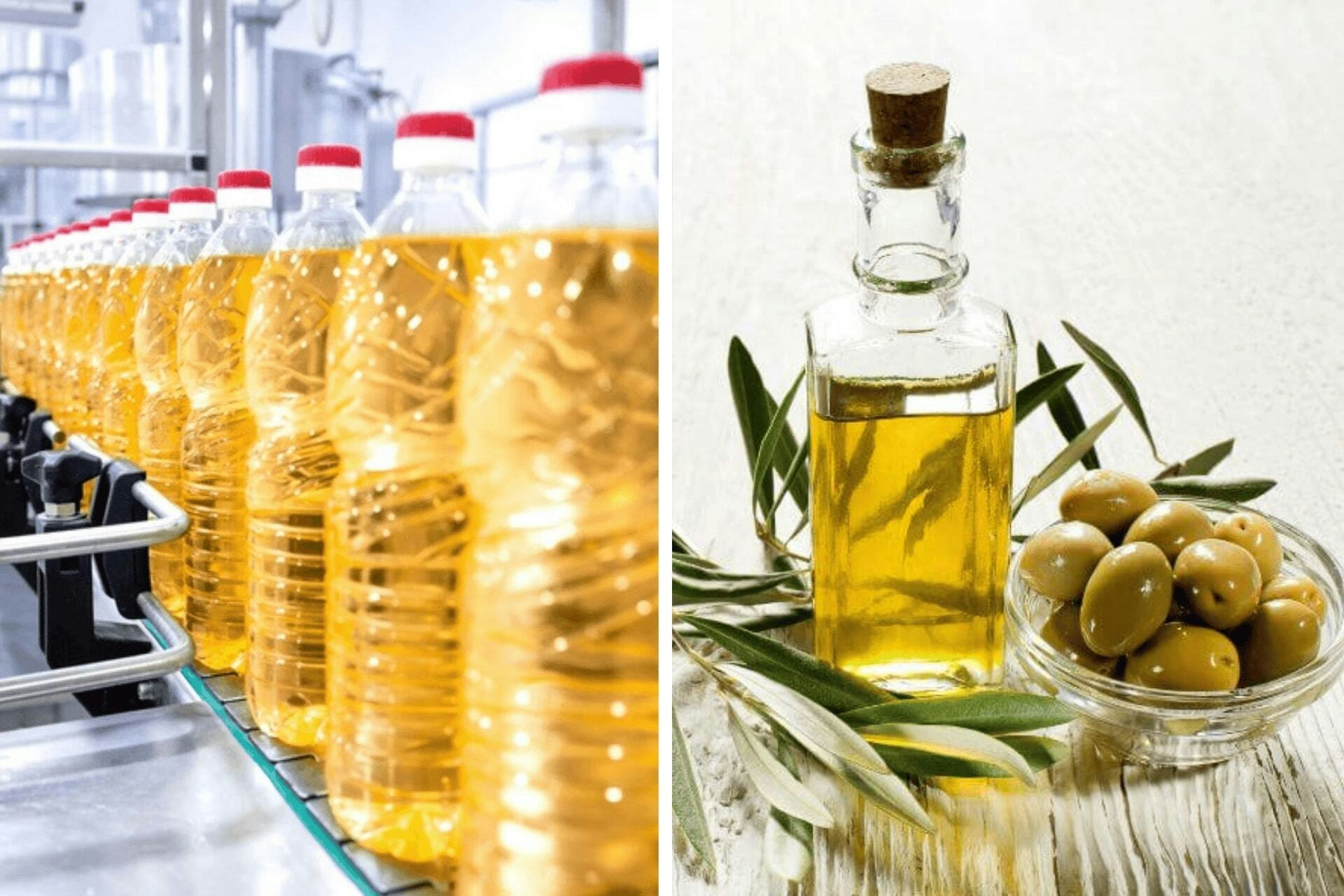The type of cooking oil you use when cooking at home can affect your heart health more than you might think. Some cooking oils are full of healthy fats that support your heart and help lower the risk of heart disease. Others contain fats that can raise cholesterol and increase that risk. That’s why understanding how cooking oils impact your heart is so important.
Since most home cooks use oil every day—whether for sautéing, baking, or roasting—choosing the right one can make a big difference over time. Heart-healthy cooking oils are an easy way to improve your meals without changing your favorite recipes.
These days, more people are interested in plant-based cooking oils and healthy fats. Cooking oils like olive, avocado, and even algae cooking oil are gaining attention for their health benefits. In this guide, we’ll explore how fats affect heart health, what to look for in a good cooking oil, and the best choices to keep in your kitchen.
The Role of Fats in Heart Health
Fats are an important part of your diet, but not all fats are created equal. Saturated fats are found in red meat, butter, and full-fat dairy. Eating too much of them can raise your LDL (bad) cholesterol, which may increase your risk of heart disease ❶. Unsaturated fats, found in olive oil, nuts, seeds, and fish, are much better for your heart. Then there are trans fats, often found in fried or packaged foods, which are harmful because they raise bad cholesterol and lower HDL (good) cholesterol.
Healthy fats — especially monounsaturated and polyunsaturated fats—can help protect your heart. These fats can lower bad cholesterol levels and may also reduce inflammation. When inflammation happens too often or for too long, it can harm your heart and blood vessels.
Choosing healthy fats in your daily meals is a smart way to support long-term heart health.
What to Look for in a Heart-Healthy Cooking Oil
For heart-healthy cooking, look for cooking oils that have more good fats (like monounsaturated and polyunsaturated fats), less saturated fat, include omega fatty acids, and are as natural as possible. These kinds of oils are better for your body and still work well in your favorite recipes.
High in monounsaturated and polyunsaturated fats
Cooking oils high in monounsaturated fats are especially good for your heart because they help lower LDL, or “bad” cholesterol, which can clog your arteries. These fats also help raise HDL, the “good” cholesterol that helps remove bad cholesterol from your body ❷.
Along with polyunsaturated fats, monounsaturated fats keep your blood vessels flexible and healthy, improving blood flow. Plus, some polyunsaturated fats like omega-3s reduce inflammation, which can damage your heart over time.
Low in saturated fat
Saturated fats can cause your blood vessels to become clogged with fatty deposits. This limits blood flow and raises the risk of heart disease. Using cooking oils low in saturated fat means you’re less likely to have these problems and helps your heart stay healthy ❸.
Related: Cooking Oils Low in Saturated: A Detailed Guide
Rich in omega fatty acids
Cooking oils rich in omega fatty acids are great for your heart because they can help lower blood pressure and reduce triglycerides — which are a type of fat found in your blood. Having too many triglycerides can raise your risk of heart disease.
Research shows that omega-3 fatty acids, a kind of polyunsaturated fat found in some cooking oils, can relax blood vessels and improve blood flow, which helps lower blood pressure. Omega-3s also help reduce triglyceride levels, making your blood less likely to thicken and form clots that could block your arteries ❹.
In addition to omega-3s, some cooking oils contain omega-9 fatty acids, which are a type of monounsaturated fat. Omega-9 fats do more than just help your cholesterol — they also have different effects that can lower inflammation, improve your lipid profile, support your heart, and even help protect against some cancers ❺.
Minimal processing
Choosing cooking oils that are minimally processed means they go through fewer steps and less heat during production. This helps keep more of the natural nutrients and healthy compounds in the oil, like antioxidants and vitamins. Highly processed oils often lose these benefits and may include added chemicals.
Using cooking oils that are closer to their natural form can give you more heart-healthy nutrients and better flavor for cooking.





